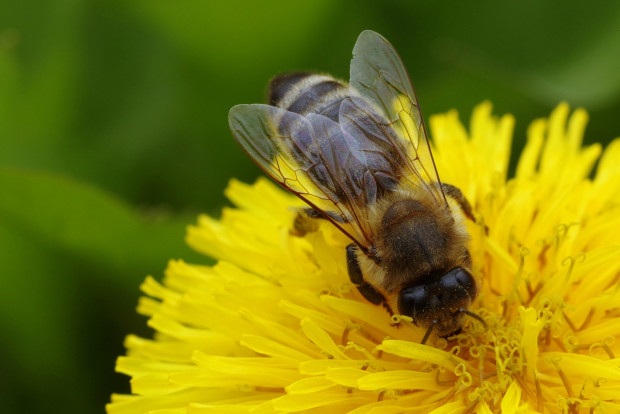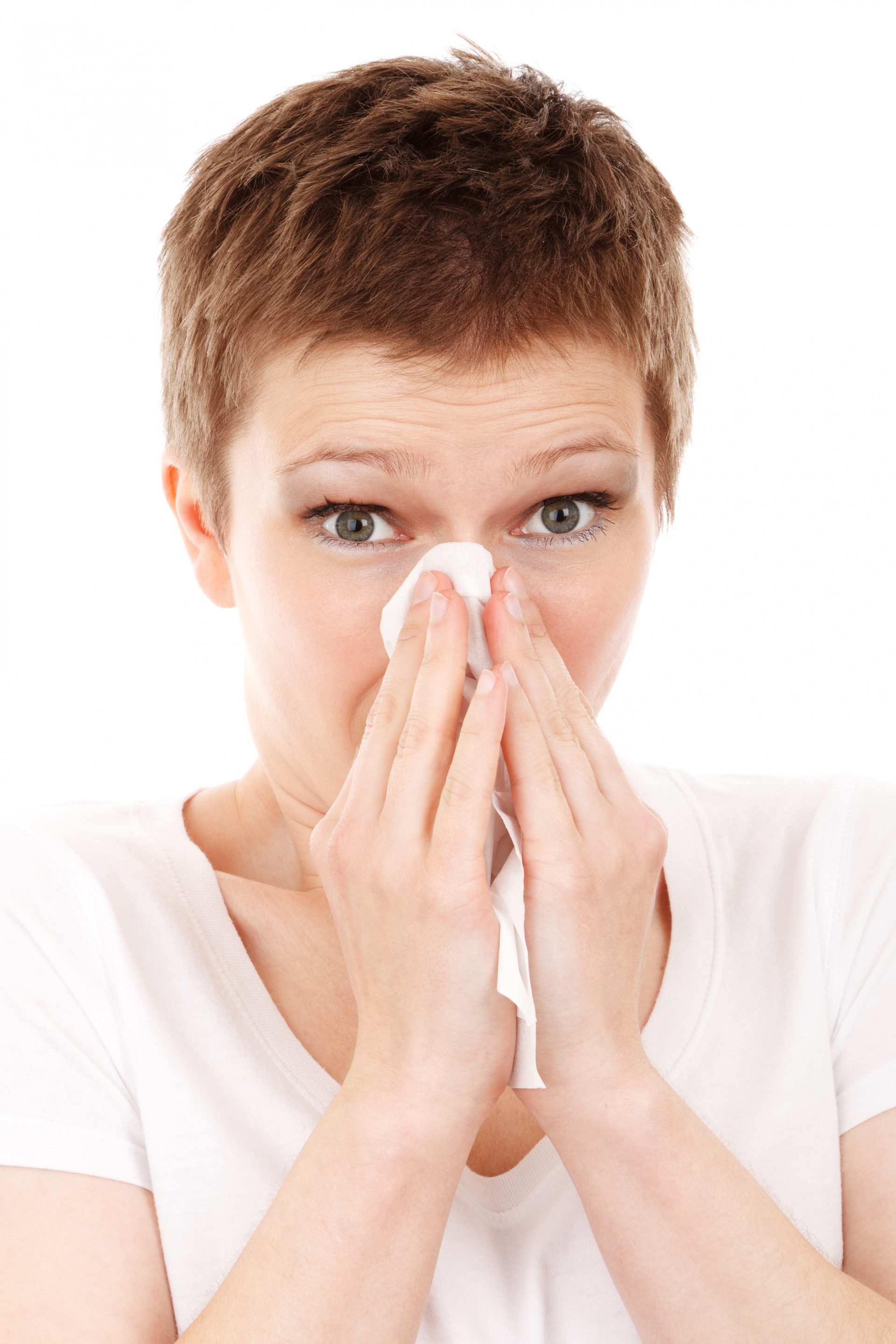- Love Your Lungs: Why Clean Air Is the Gift Your Home Deserves
- Racing Into Cleaner Air: How FilterTime Got Its Start on the Track
- Winter-Proof Your HVAC System: What Every Homeowner Should Be Doing Right Now
- New Year, Fresh Air: 5 Simple Ways to Improve Your Home’s Air Quality in 2026
- Why Indoor Air Gets Worse in the Winter (and What You Can Do About It)

Peak pollen season is here. Pollen saturation in the US varies widely throughout the various regions of this country, so depending on where you live, pollen could be an afterthought, or could represent a daily gauntlet. Even if you don’t suffer from allergies, the thin yellow coating on just about anything you touch is enough to be a nuisance. The irony is that while pollen can wreak havoc on an individual's respiratory tract, it is a lifeline for some plants to reproduce who generate the fresh, clean oxygen we breathe in our lungs every day. So, while pollen is essential to the air we breathe, there are steps you can take to reduce the symptoms that develop from pollen.

One of the easiest ways to reduce the effects of pollen is to limit the amount of time you spend outdoors. Tree pollen season tends to fall between late March to mid-May in the US, with grass and weed pollen occurring a bit later in the Summer months. If you do suffer from allergies, you can simply reduce time outside, which will have an immediate impact.
Staying indoors brings up another helpful tip, which is to make sure you change the air filters in your home frequently, especially during the Spring and Summer months. We are obviously proponents of maintaining a routine maintenance schedule when it comes to air filters - doing so will greatly improve the indoor air quality of your home. Your home is not a steel cage, it’s porous with windows & doors which provide an opportunity for millions of tiny pollen grains to enter your home. If you suffer from allergies, your home should be your safe haven, so make sure you change your air filters at least every three months.
While air filters can go a long way in reducing the amount of pollen circulating throughout your home, cleaning hard surfaces and fabrics can also improve the air quality of your home. Use your AC unit as opposed to a fan and limit the amount of time you keep your windows open, if you can. You can’t always control the air quality in places you work or shop, but you can have an impact on the air your breath within your own home.
There are effective antihistamines on the market to fight the symptoms of allergies, as well as natural remedies as well to mitigate the effects of pollen. Butterbur and Quercetin are proven natural supplements that can reduce your allergic reactions to pollen. They have shown improvement in reducing asthma, hay fever, and allergic rhinitis. There are a handful of others that have shown improvement in allergic reactions but do your research and make sure you understand what you are putting in your body.
While we can affect what happens internally, there are also preventions externally that can help. Washing your hands frequently is a great way to remove pollen from your skin as most of us tend to touch our face or rub our eyes frequently. Using a nasal spray or wash can also help remove pollen from your nose - a simple squeeze bottle or neti pot would work great. Also, eye drops can help flush your eyes and keep them protected.
The recommendations mentioned here may help reduce your allergic reactions, but there’s no way to completely eliminate pollen from your life, unless you’ve had your eyes on the Denver real estate market. So, we hope some of these tactics help improve your daily life.
« Back to News





